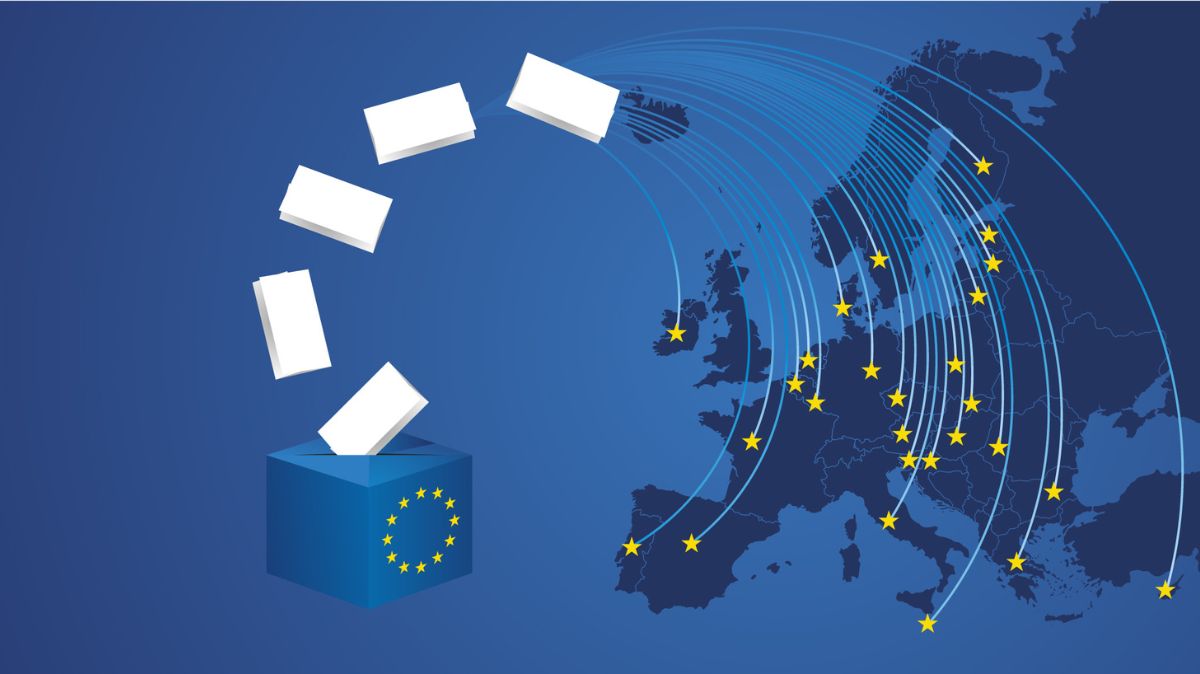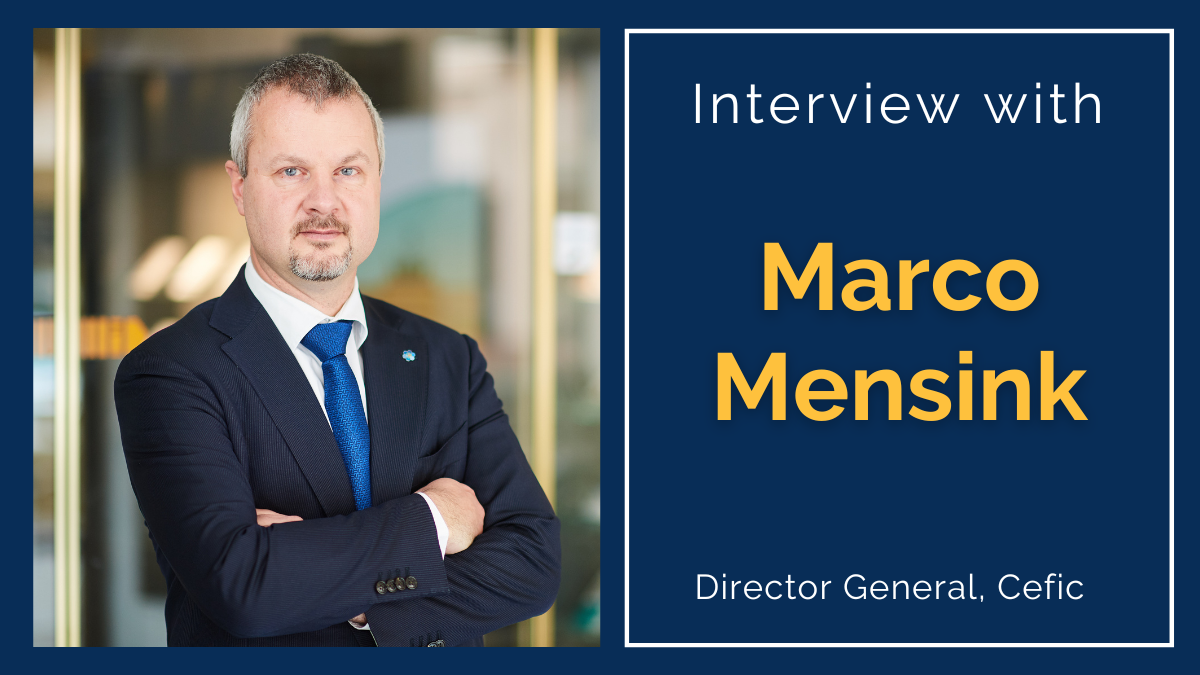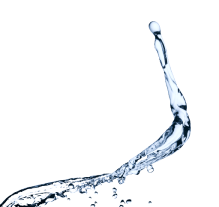You were recently elected as Water Europe board member of college B ‘Researchers & Technology Developers’- Could you tell us what drives you personally to have this role at Water Europe? What do you want to achieve?
Actually, I did not mean to be elected for the sake of it but rather to make substantive contributions to the Board from the Board. I am truly honoured to have been elected by my fellow college B members. I would like to contribute to further reaching out within the EU and beyond, to maximising the impact of Water Europe, further pushing the idea of the value of water (framed in such a way that can be seen as compelling by most of the population). I also believe there is no such thing as good science or good policy as separate elements: science is good, among other things, when addresses societal challenges, and policy is good also when is based on scientific evidence. Helping build that bridge is part of what I would like to do on behalf of college B members.
Representing college B, which ones do you consider the key challenges and the most burning needs of your college and how will you contribute to addressing these in the context of Water Europe?
The diversity of challenges faced by college B members is two-fold: on one side, it has to do with the object of their research, technological development, and innovation (since there are specificities as to water); on the other, it’s but an illustration of the challenges faced by RTD and innovation systems EU wide. With regards to the latter, there is a clear challenge to connect their work with wider audiences, not just for the dissemination of outputs and the diffusion of technologies but also to be able to upscale innovations. There is also a challenge linked to operating in a global context. These institutions are often faced with rising costs and shifting funding, which also poses some difficulties. There is also leeway for further collaboration between research and technological centres and industry, on one side, and the public on the other. Specifically, regarding water resources management and water services delivery, there is a clear need to take advantage of the opportunity provided by the unprecedented fiscal stimulus stemming from Next Generation EU and its recovery and resilience facility, thus connecting digitalization and sustainability efforts in an inclusive way.
How important do you consider the Water-Oriented Living Labs for testing and validating research and innovation results and what role can they play in a future water-smart society?
Living labs do offer a great opportunity to explore technical issues whilst assessing the economic and social implications of different solutions. They may create the right conditions to properly understand the underlying incentives and drivers for collective actions. They can be a fertile space to enable innovation and ownership of the outcomes as well as addressing water governance in its wider sense: mastering complexity (hence fostering policy coordination, the uptake of innovation – not just from a technological viewpoint, redesigning incentives, and institutional setups, maximizing industrial symbiosis, etc.
A water-smart society is a society where the true value of water is recognised and realised. Based on your experience, which are the obstacles we need to overcome and which actions shall we prioritise to make this happen?
First, I believe we should move beyond too prescriptive approaches and tautological arguments and cliches, no matter how valid they might be. For instance, stating that water is valuable is almost meaningless; showing how valuable it is is not. Further, we should recognise that is not about eliciting the value of water or not – we always value water, almost in every individual and social decision we make. Therefore, the challenge is about highlighting this value, to disclose it in a transparent and accountable way. In addition, it is of chief importance to connect water policy goals to wider social and economic development goals. Water (and water management) are far from being an issue for the so-called water community: expanding beyond the boundaries of the so-called water sector is essential. It is also critical to understand that we, as a society, have good reasons (incentives) to make very bad decisions but also good reasons to make things better. Understanding the former and make the best out of the latter is part of what needs to be promoted.



